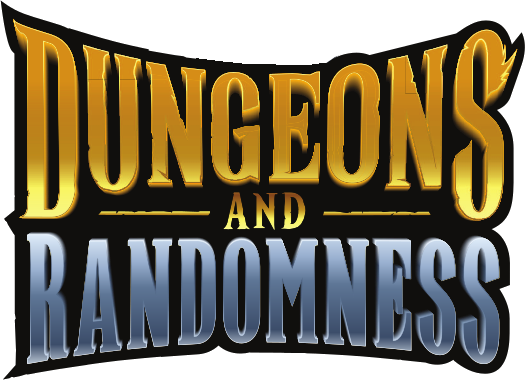Role Playing Censorship By David Annarelli
Guest post By David Annarelli
Brianna interviewed David for the most recent episode of Beyond the Table, which you can listen to here.
Role playing games are popular in prison.
Assuming the role of fantastic characters, in a faraway place where magic is quotidian and the extraordinary is commonplace provides an arguably necessary respite from all the cruelties of prison.
Despite the stereotype that everyone in prison is an aggressive bodybuilder with adrenaline to spare, there are a lot of nerds and geeks locked up in this country. Creative and intelligent people who were not accepted in high school and college continue to be outcasts in prison which is like a varsity football team on amphetamines. Hierarchies and contests of will are perpetual and exhausting. Role-playing games allow people who are not interested in participating in these dynamics to create an alternative community complete with inside jokes.
I started playing D&D before I got locked up. In 1984 I was a pimply kid until I assumed the role of a giant or monster and was relieved of the stress of public school, family life and impending adulthood. Forty years later, I have a community of people in prison with me that collective create a community where everyone is included and cliques and other forms of social exclusions are avoided.
This would seem to be a good thing, right? Why would prisons want to discourage us from peacefully and (relatively) quietly engaging in an activity that cultivates peace and pro-social behavior? It is also arguable that D&D and other role playing games cultivate reading, math and critical thinking skills. But, prisons across the country prohibit role playing.
D&D are listed on banned book lists from Arizona, which also bans Rick and Morty, Florida which bans 55 different D&D books, Iowa which bans 18 different D&D books, Michigan who had banned 21 different D&D books, Oregon has banned Dungeons and Dragons Grid Board Book and South Carolina who has banned 5 different D&D books. There are more and judges apparently agree. The seventh circuit court upheld a Colorado DOC ban on the Dungeons and Dragons role playing game because carceral authorities argued that fantasy role playing games like these create, “competitive hostility, violence, addictive escape behaviors, and possible gambling.”
The censorship of literature that promotes the formation of community under the claim that communities are necessarily competitive and foster violence is a clear example of how carceral authorities presume an inherently violent, competitive and aggressive nature to people. If five to seven people spend ten hours of their day playing a game around a table they are not engaging in a host of other activities that are potentially creating conflict. The largest issue you may have is a disagreement on a game mechanic or a lengthy description of a magic spell.
Trust me, there are plenty of opportunities to get in fights with people in prison. There is not enough of anything to go around and people miss their families and friends, have little to occupy their time and overwhelmingly feel depressed and angry. Role playing games don’t create opportunities for violence, competition or hostility but it’s ironic that carceral officials claim this is the reason for their banning in court because everything about prisons creates those dynamics. From lack of proper food and privacy to limitations on phone time, outside time and constant demands for just standing around waiting, people are hungry, tired, lonely and bored. Playing games is hardly a threat to this system, except if the singular point is to psychologically torture people.
Role playing games also create community. I’m intellectual and positive by nature and I can’t think of a better form of community available for people in prison. Other communities in prison are gangs that often revolve around drugs. Classes and educational opportunities could provide such an alternative but those are far and few between.
Denying people the possibility of exercising their imaginations, building community with other people and engaging in a creative pastime that allows a respite and (mental) escape from the oppressiveness of our conditions is a cruelty that signals the purpose of incarceration for many is not rehabilitating humanity–as they purport–but the denial of our humanity.
I want to pretend to be a wizard because that’s how I know I’m really human.
David Annarelli is currently incarcerated in Virginia. You can write to him at: David Annarelli #1853637 Green Rock Correctional 475 Green Rock Lane Chatham, Virginia 24531
